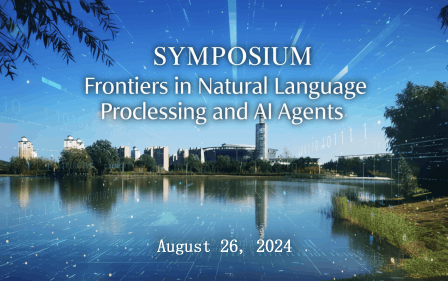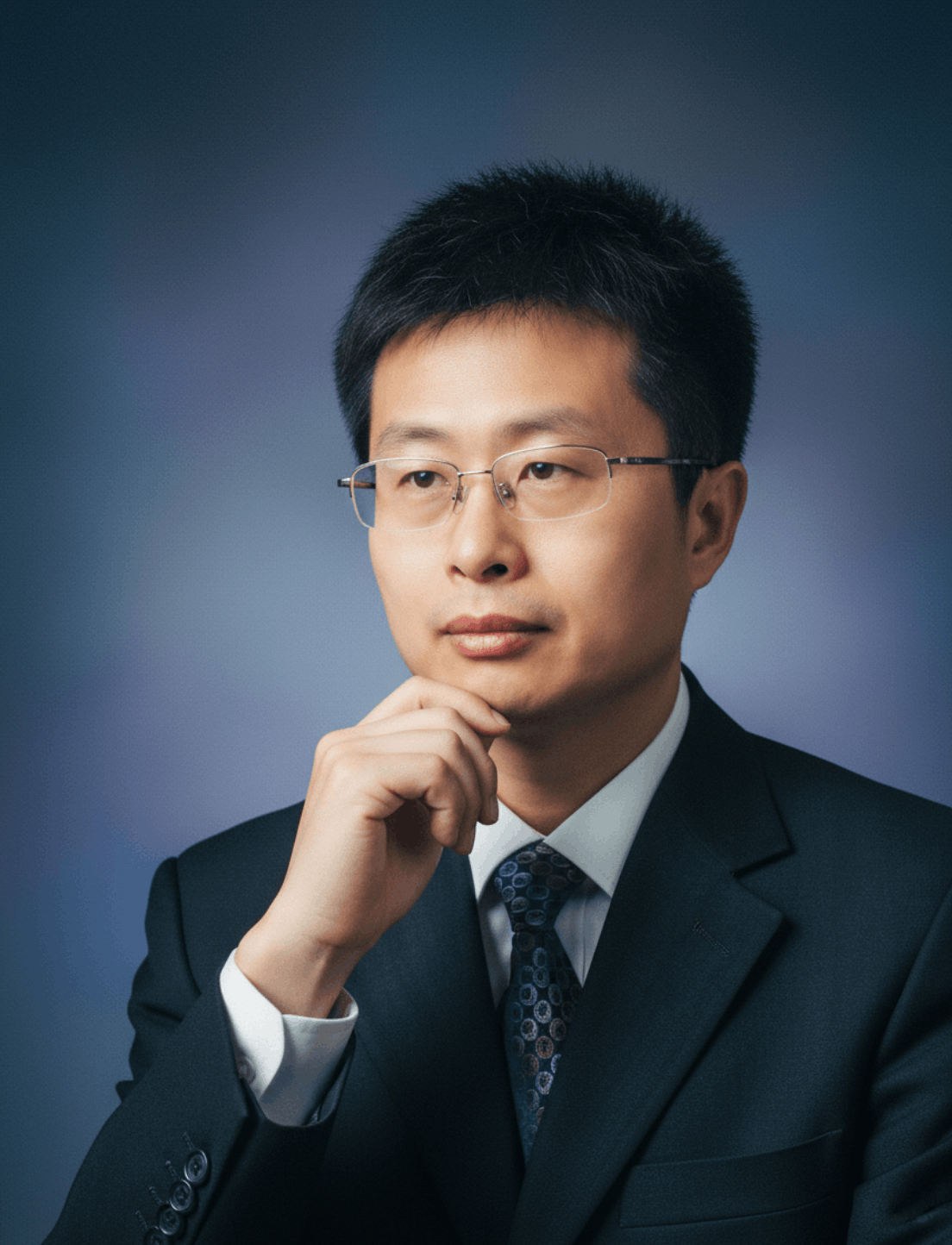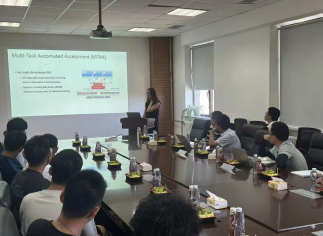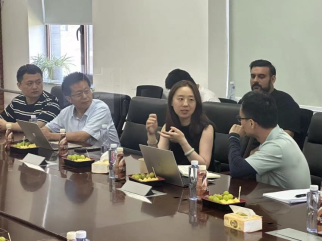Symposium: Frontiers in Natural Language Processingand AI Agents
Exploring the cutting-edge developments in NLP and AI agent technologies through expert insights and innovative research.
About the Symposium
As advances in cognitive architectures, language technologies, and large-scale models accelerate, new opportunities and challenges are emerging for building intelligent systems that can understand, reason, and interact in complex environments.
The symposium aims to provide a platform for exchanging ideas, fostering collaboration, and exploring future directions that bridge theory and practice in NLP and AI agent research.

Keynote Speakers
Distinguished experts sharing cutting-edge insights

Prof. Yu Liu
Dalian University of Technology
Professor in Software School
Head of Institute of Machine Intelligence and Informetrics
Advancing AI Agents: From Theory to Practice with LangGraph
AI agents are increasingly deployed in domains ranging from personal assistants to large-scale autonomous systems. Their performance largely depends on the cognitive architectures that support perception, reasoning, planning, and action in complex environments.
In this talk, I will present a comparative overview of existing cognitive architectures for AI agents, outlining their core features, strengths, and limitations. I will then discuss how LangGraph, an open-source framework, can be leveraged to implement and evaluate diverse cognitive architectures in practice.
Through demonstrations, I will showcase how LangGraph facilitates the development of AI agents and enables systematic performance comparisons across different cognitive models.

Dr. Zheng Yuan
King's College London
Assistant Professor
Visiting Researcher at University of Cambridge
Fellow at Trinity College
On the application of NLP in language education
Language education is the process and practice of teaching or learning a second or foreign language. Natural Language Processing (NLP) technologies have been widely applied to help with language teaching and assessment.
In this talk, I will focus on three educational NLP tasks: generating AI teacher responses in educational dialogues, automated assessment, and grammatical error correction.
Towards the end, I'll showcase some potential applications of Large Language Models (LLMs) for language education, and discuss the risks and ethical considerations surrounding generative AI in education technology for language learners.
Symposium Schedule
A comprehensive program covering the latest in NLP and AI agent research
Welcome & Introduction
Opening remarks and symposium overview
Advancing AI Agents: From Theory to Practice with LangGraph
Prof. Yu Liu - Dalian University of Technology
On the application of NLP in language education
Dr. Zheng Yuan - King's College London
Future Directions in AI Research
Interactive discussion with all speakers and audience Q&A
Research Focus Areas
Key topics covered in our symposium
Multimodal AI
Integration of vision, language, and other modalities in AI systems
Autonomous Agents
Self-directed AI systems capable of independent decision-making
Language Understanding
Advanced natural language processing and comprehension techniques
Symposium Gallery
Highlights from our symposium on NLP and AI agents

